Why You Should Continue Scrolling (or How Change Happens in Gestalt Therapy).
A question I hear often in my sessions is: “How do I stop scrolling?” or “I spend too much time on my phone, I know I should stop.”
Raise your hand if you’ve said that to yourself too? Every time I hear the word “should,” I pay attention. In Gestalt therapy, “shoulds” pull us away from who we really are and push us toward who we think we’re supposed to be. Here’s the tricky thing: real change doesn’t happen by forcing ourselves into “shoulds.”
Gestalt therapist Arnold Beisser wrote about this in 1970 in what’s called the paradoxical theory of change:
True change occurs when a person fully becomes what they are, not when they try to become what they are not.
What does that actually mean?
If you want to scroll less, the first step isn’t to punish yourself with rules or shame. The first step is awareness and curiosity. Instead of asking “How do I stop scrolling?” try asking: “What is this scrolling about? If scrolling had a voice, what would it say? What function does it serve for me right now?”
What scrolling really does
Scrolling isn’t just a “bad habit.” Sometimes it’s an escape from stress. Sometimes it’s avoiding feelings you don’t want to touch. Sometimes it’s the fear of starting a task you might fail at. Sometimes it’s just boredom, or a way to interrupt the silence of the here-and-now. In other words: scrolling is rarely about scrolling. It’s the surface layer — the tip of the iceberg. Underneath, there’s often loneliness, grief, anxiety, and fear of failure. When you can notice that, the question shifts from “I should stop scrolling” to “I see what scrolling is doing for me.”
The mind-blowing part of Gestalt therapy
Here’s the mind-blowing part: Gestalt therapy isn’t about fixing or rescuing yourself from painful feelings. It’s about staying with them.
So instead of making promises like “I’ll never scroll again,” just notice when you do. It’s like eating chips on autopilot after a stressful day. The chips aren’t the problem. The problem is that eating keeps you from noticing your sadness or frustration.
Scrolling works the same way. The practice is to pause and ask yourself: What is this doing for me right now? Where do I usually scroll — in bed, after a fight, at work when I feel stuck? That moment of noticing — “Oh, I scroll in bed after a hard day at work” — is already a change. And yes, noticing is hard. But it’s powerful.
Working with scrolling instead of against it
I often tell my clients: you don’t have to fight scrolling. Work around it. Put it “in the parking lot” — it’s there if you need it, but also try adding something else to your day. If scrolling keeps you from boredom, stress, or disconnection, then experiment. For some people, a power walk helps decompress. For others, picking up a book cuts the boredom. For others, scheduling time with friends makes life feel fuller. To stop doing something, you usually need to have something else to reach for. Shame won’t change a thing. But, noticing what you need? That’s where the shift begins.
Your own experiments
These are just my ideas. The real question is: what would work for you?
If what you’ve read resonates with you and you’re tired of trying to change yourself alone, schedule a free consultation with me.
Together we won’t rush into “fixing.” We’ll take a deep dive into the habits you’re trying to change, explore like detectives what function they serve, and uncover what they might be protecting you from.
I’m Yuliya Golubev, a bilingual Gestalt therapist. I work with clients like you to explore the process of change with awareness, compassion, and curiosity.

